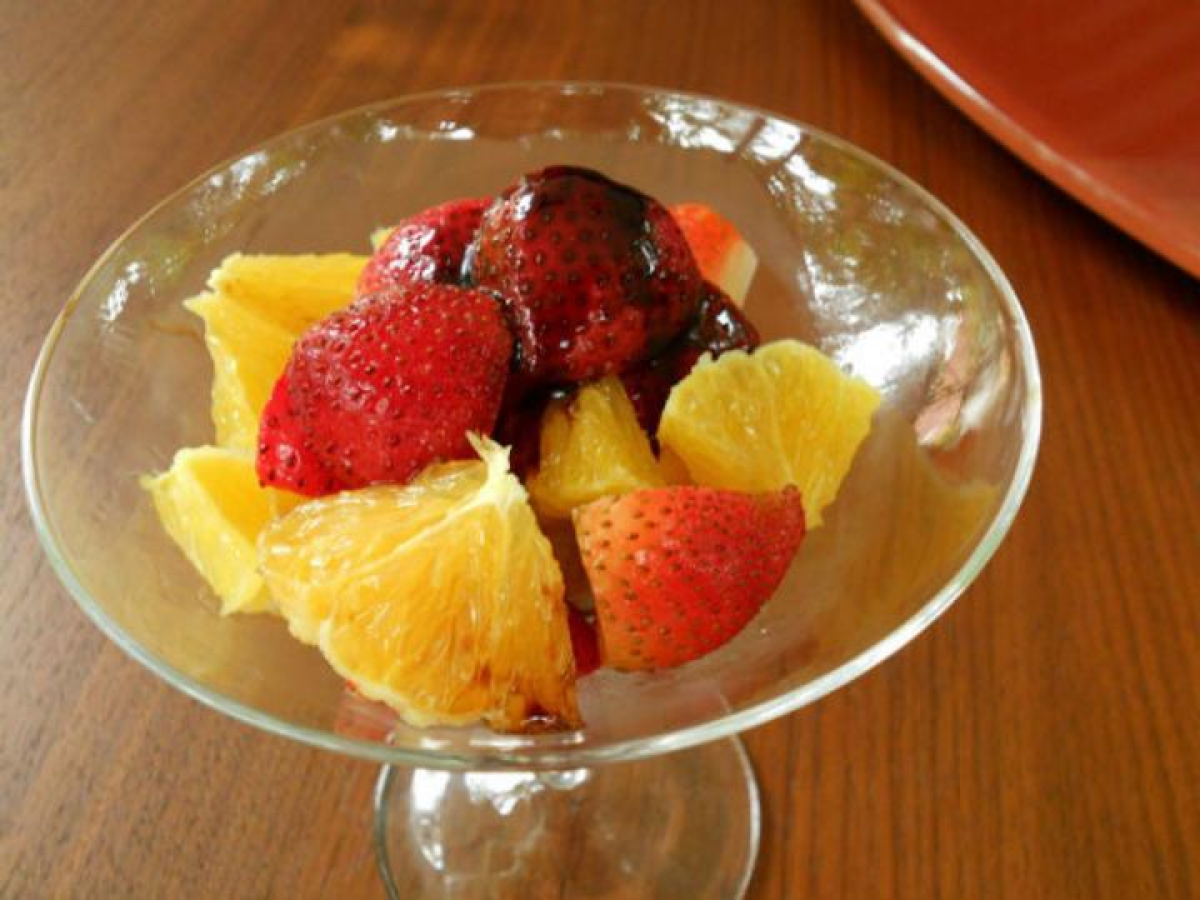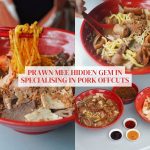Healthy sugars, is there such a thing?

We all love the taste of sugar.
There is something about the delicious, syrupy sweetness of maple syrup, honey and the sweet buttery creamy richness of a cupcake frosting.
Research has shown that sugar is also highly addictive, stimulating the same neurotransmitters in the same way as alcohol, cocaine and other drugs do. It doesn’t get any better: sugar and high-fructose corn syrup, which are used in most processed foods, are linked to obesity and increased risk of heart disease.
When we hear of healthier alternatives, we tend to get excited and hope that we won’t need to give up our sweet indulgences. After all, sweeteners like gula Melaka (palm sugar), agave nectar, raw sugar and maple are being marketed as healthy sugar alternatives as they are natural and less processed.
Just because a product is natural, it doesn’t necessarily mean that it is good for you. If that’s the case, cocaine should fall under that list as it’s derived naturally from coca leaves (not that we’re suggesting that cocaine is a healthy product).
The danger with labelling anything ‘healthy’ is that most tend to substitute one sugar for another without a reduction in the amount ingested. ‘Healthier’ sugars are high in fructose, which is metabolised in the liver. Excess fructose that cannot be processed by the liver (the poor, overworked liver) is converted into fats-triglycerides. These sweeteners are also considered ‘healthy’ because they have a low glycaemic index (the rate at which glucose is released into your bloodstream) from the high levels of fructose.
Here’s a sobering fact: fructose is linked to insulin resistance, problems with appetite control, obesity, hypertension, cardiovascular disease, liver disease, cancer, arthritis and other diseases. Fats-triglycerides contribute to the risk of heart disease and stroke.
“So we’ll stick to fruit juices”, you say?
We hate to break it to you: but fruit juices contain massive amounts of fructose without the benefits of the fibre, vitamins and minerals found in the actual fruit. A cup of apple juice has 24g of sugar and high levels of fructose. So next time you crave apples, eat it, don’t drink it.
What if you’re addicted to the sugars?
Cut down on your sugars gradually — no one’s telling you to go cold turkey. You will be amazed at how much tastier your food will become when you eat less sugars; your taste buds will become more sensitive and allow you to enjoy the complexities and layering of flavours in each dish. Besides being able to taste more, you will also find that you are hungry less often and might start to lose some weight. Not that you need to, or do you?
Shen Tan, resident cook and beer monster at The Wok & Barrel, eats well and healthily. When not creating new Mod-Sin dishes like Ba Chor Mee Pasta, beef rendang pizza or fish curry laksa, she loves learning about cooking, nutrition, health and exercise.




